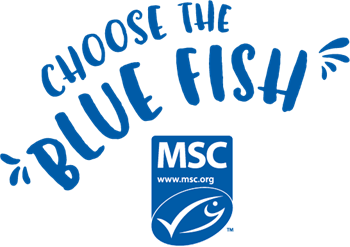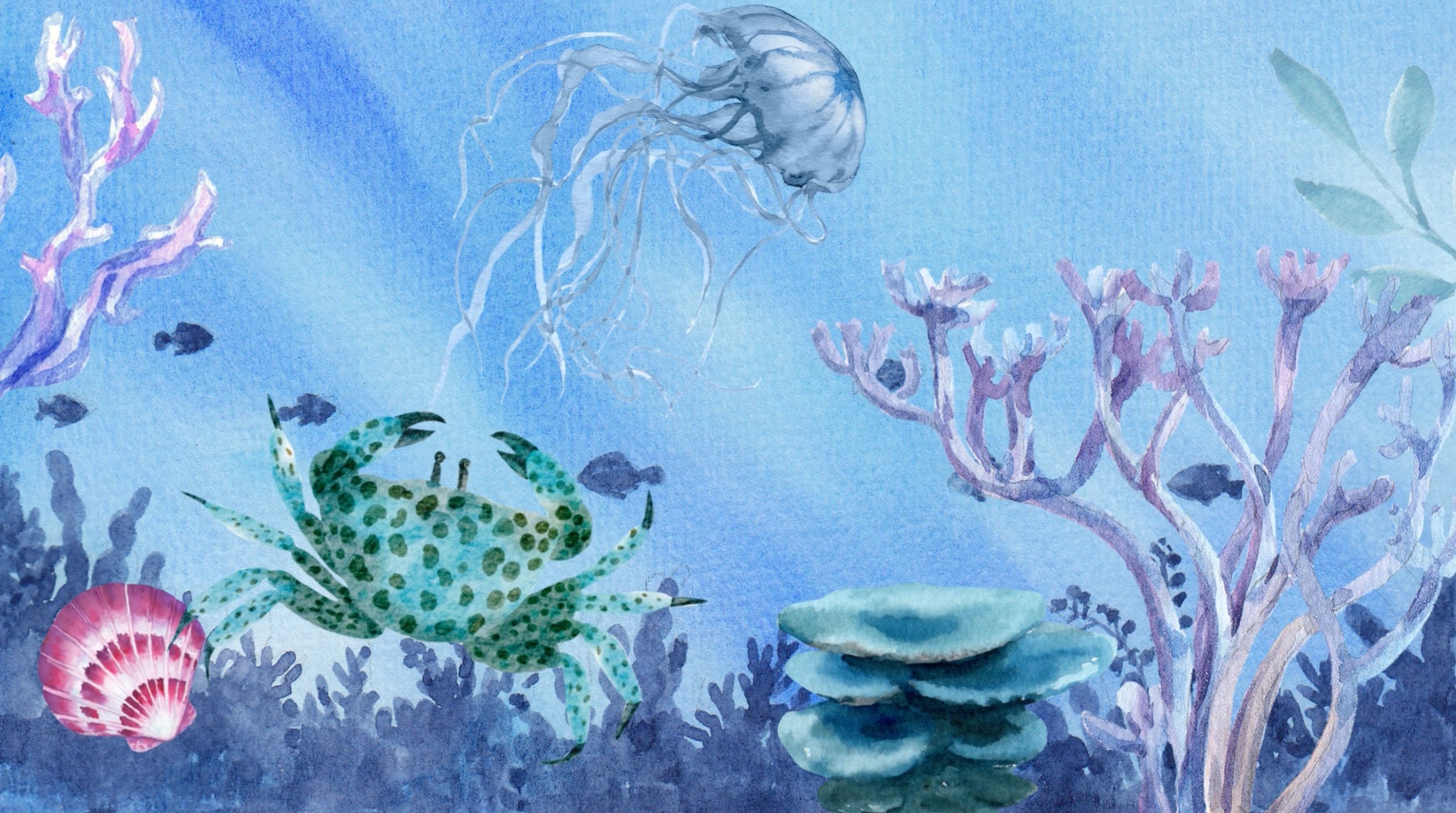
Educating future generations on Seafood Sustainability
Climate change, the environment and protecting our oceans are all issues we are now more fully aware of thanks to regular global media coverage, documentaries such as ‘The Blue Planet’ and ‘Wild Isles,’ and prominent environmental campaigners including Sir David Attenborough and Greta Thunberg.
For many years, Fish City have focused on educating primary school children about issues surrounding seafood sustainability through the Fish City Kids Club - an award-winning educational initiative offered free to primary seven schoolchildren in the local area. Through our work, we hope to inspire the next generation of ocean heroes, marine scientists, and hospitality professionals in protecting one of our planet’s greatest resources.
The Experience
-
A visit to nearby St George’s Market to meet and chat with local fishermen, to see seafood up close and learn more about the different species brought to shore that day.
-
The children are then invited to the restaurant to take part in a workshop and watch a short film about sustainability, the MSC eco-label, and the importance of protecting our oceans. We share how we as a business are focused on making positive changes and how they as children can also make a positive impact.
-
And finally, the best part of the day, we all enjoy sustainably sourced and award-winning Fish & Chips!
We offer our award-winning Kids Club programme free to local primary schools in Northern Ireland. If you’re interested in enrolling your school for this academic year or to make enquiries about the programme, please get in touch with our team via email.
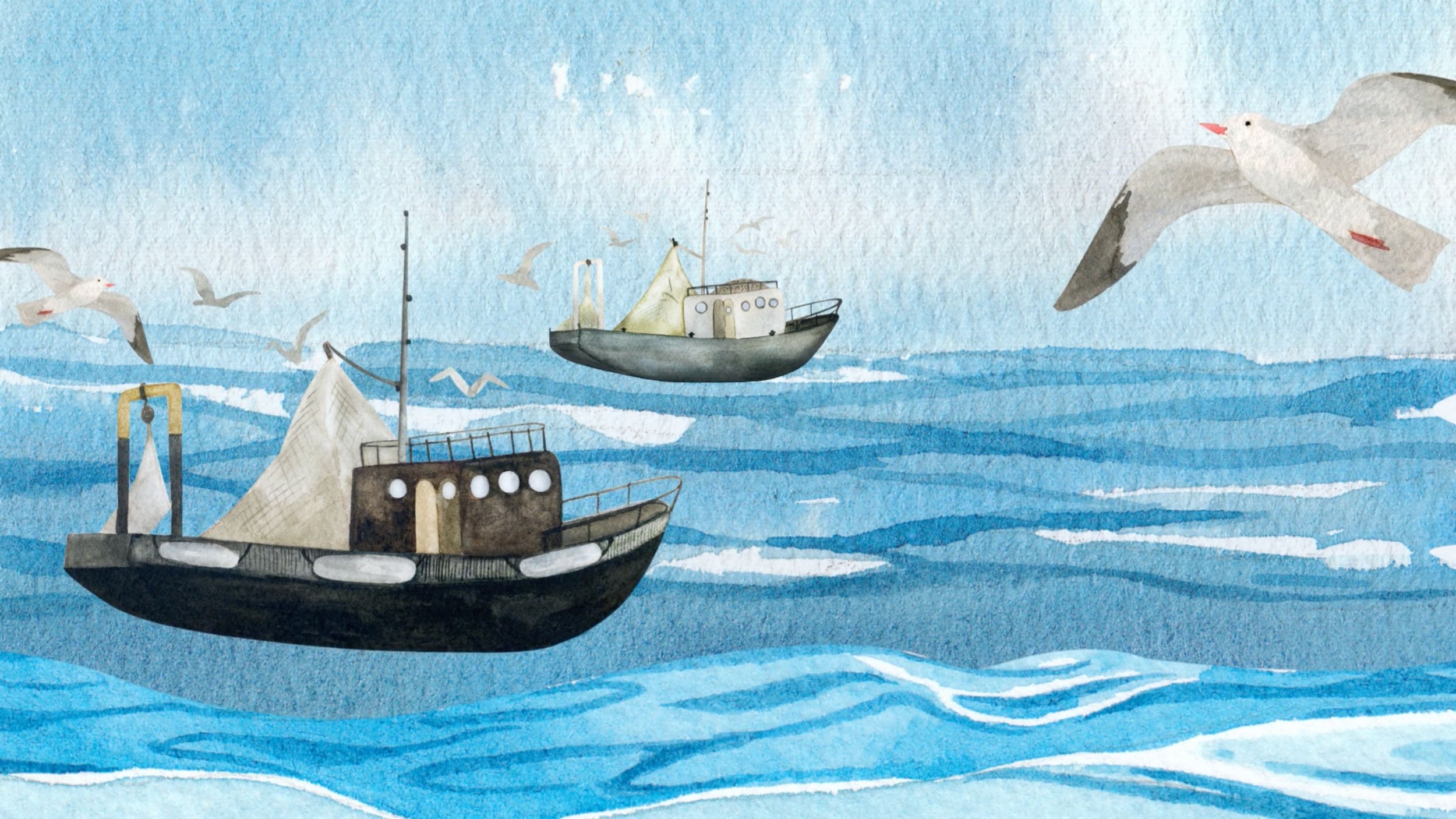
Leaving enough fish in the sea
ensures there is enough fish for the future.
-
This is about small changes we can make to help look after the planet
Our seas and oceans are rich with marine life and seafood! When we humans overfish, we take out too many of a specific species of fish from the water, which disrupts the ecosystem for all the creatures in the sea. Fishing at sustainable levels means leaving enough fish in the sea so that they can thrive too!
The Blue Fish
The ‘Blue Fish’ eco-label is used by an organisation called the Marine Stewardship Council (MSC) to show that your fish comes from sustainable waters using sustainable catch methods. Buying and eating fish from sustainable fisheries is a small change we can make to help look after the planet.
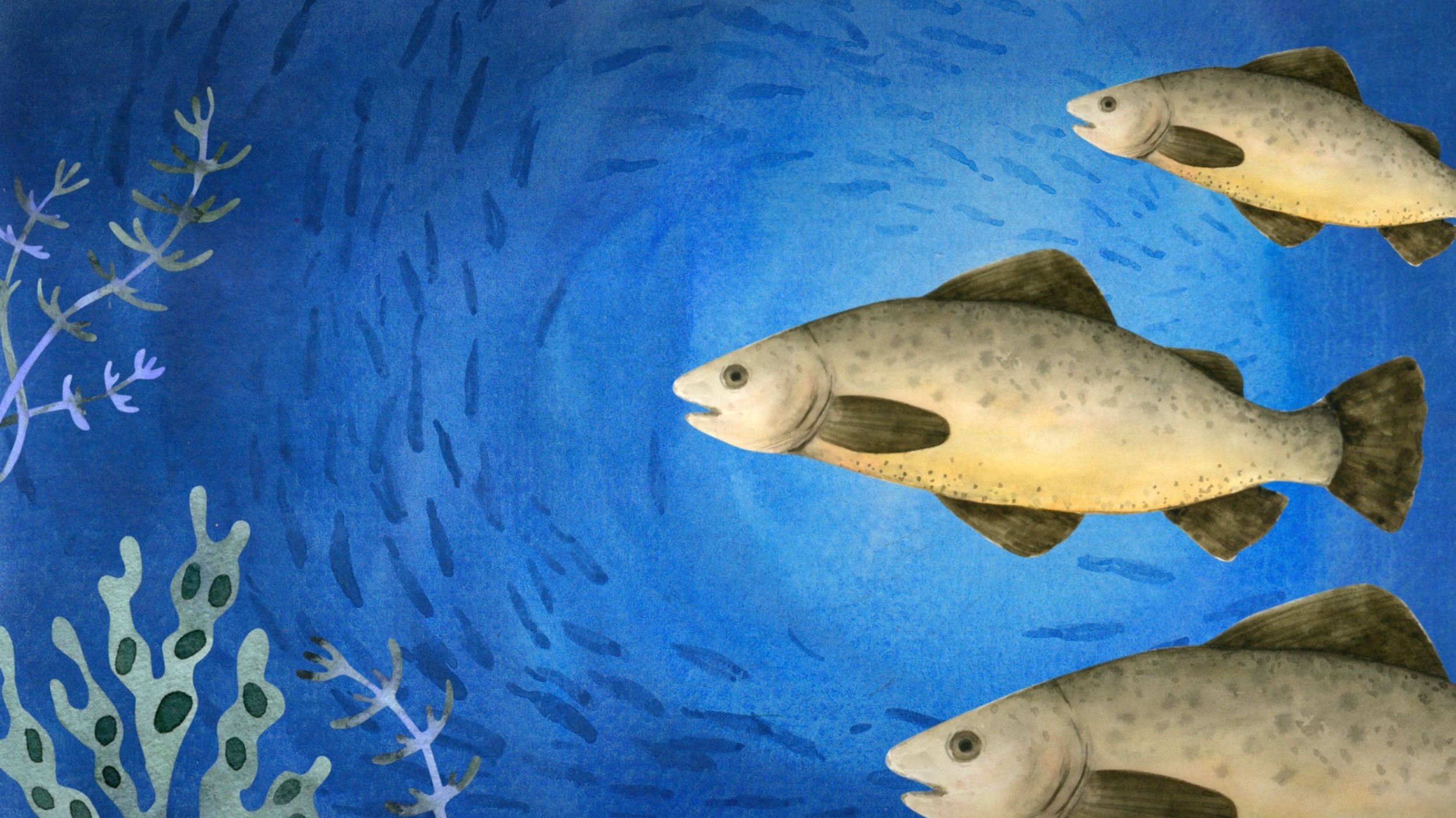
Cod
Did you know that Cod are top predators? They are carnivores that feed on other fish and small marine animals.
-
An animal that feeds on other animals
Cod are large fish that prefer being near the sea bottom. They are slow swimmers that live in large groups called ‘schools.’ They are carnivores, and adult cod are near the top of their food chain. Overfishing cod (or any other fish!) can harm the whole ecosystem.
Sustainability of Cod
A popular choice for Fish & Chips, Atlantic cod are overfished in UK seas. Stocks are healthier and more sustainable in the seas off Iceland, with Icelandic cod caught by longline or gillnet considered best choice.
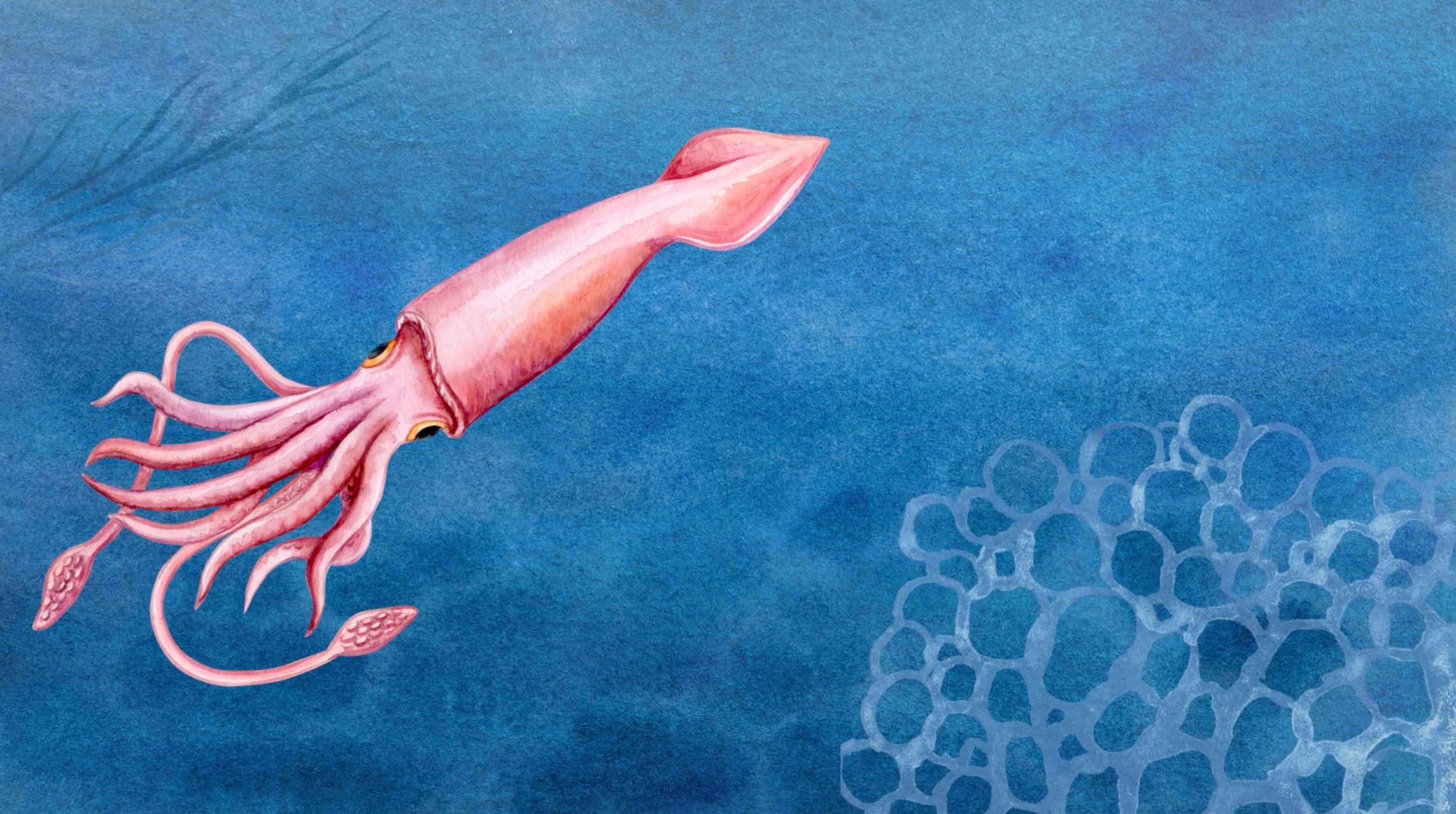
Squid
Did you know that squid can change colour?
They can change their skin tone to match their surroundings, rendering them nearly invisible, or they can give themselves a pattern that makes them stand out!
-
An animal that does not have a backbone
Squid are in a large class of marine animals called molluscs. They are invertebrates, but unlike snails and mussels, they do not have a protective shell. Squid have big eyes, a bag-like body, a side fin, and two tentacles longer than their arms.
Sustainability of European Squid
Most squid from the seas around the UK are overfished. The Marine Conservation Society (MCS) recommends trying alternatives to squid caught in the UK.
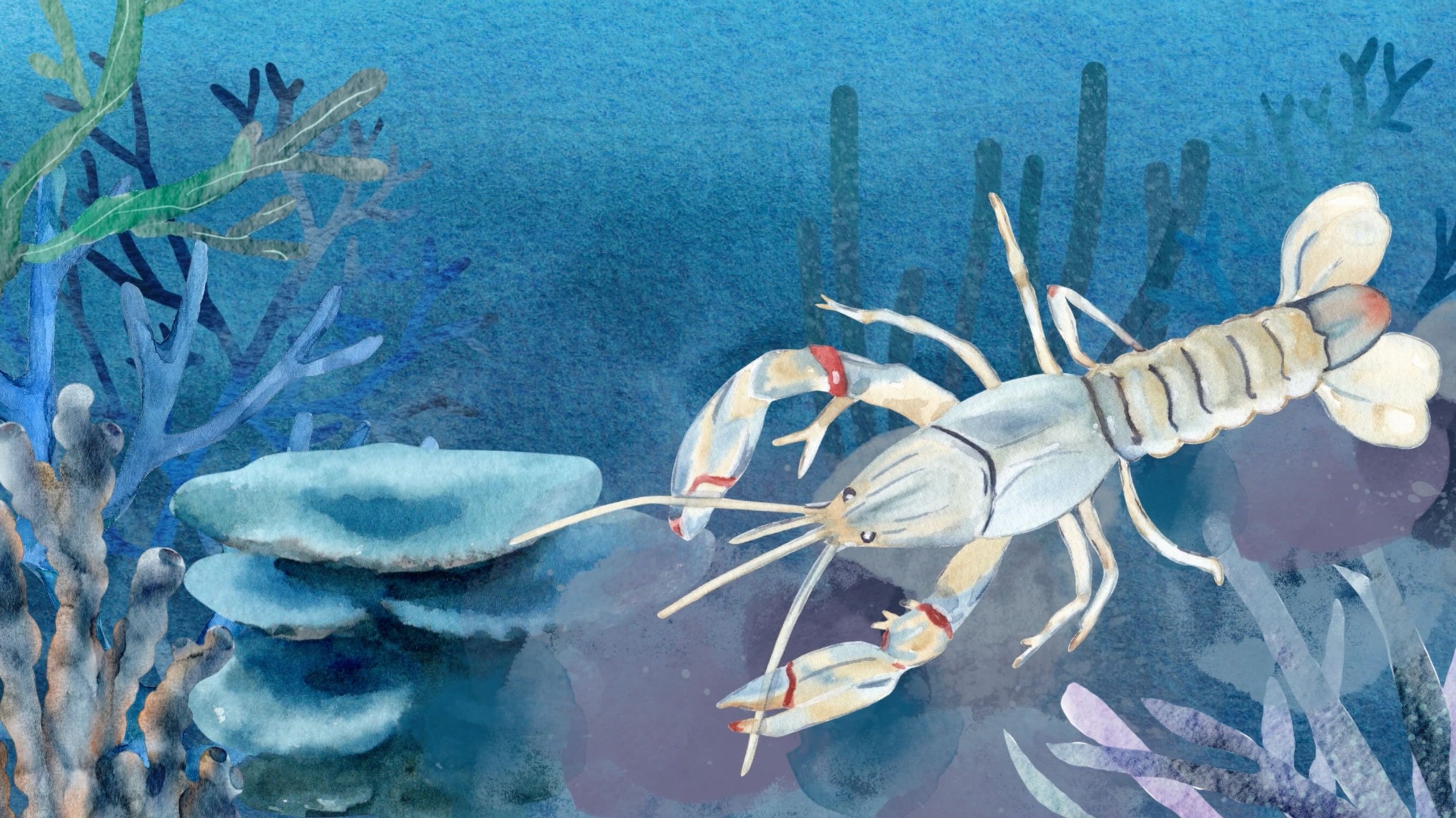
Lobsters
Did you know that Lobsters continue to grow their whole lives? They have to shed their shell as they grow!
-
A marine animal that lives and feeds on the bottom of a body of water (e.g. ocean)
Lobsters are bottom dwellers that live in every ocean on rocky, sandy, or muddy sea bottoms, where they live by themselves in narrow openings in the rocks or in burrows under rocks. They have hard shells, also known as an exoskeleton, because they are invertebrates!
Sustainability of European Lobster
Stocks of lobster are healthier in some places than others. The best choice is MSC-certified, wild-caught lobster from Jersey. Populations of European Lobster on the east and west coasts of Scotland are not doing well, so lobster caught there should be avoided.
Interesting Facts about Shellfish
Oysters
Belfast Lough was once home to large colonies of native oysters! These native oysters were considered extinct in 1903. But over a hundred years later, in 2020, native oysters were discovered again in Belfast Lough! Their fragile population is now being supported by Ulster Wildlife with oyster nurseries in Bangor Marina, Glenarm Marina, Belfast Harbour, and Carrickfergus Marina.
Clams
Clams, like oysters and mussels, eat algae and plankton by filtering it from the water. A small clam measuring between 1 and 2 inches can filter up to 4.5 gallons of water a day, so they are great for cleaning the water around them! This helps let light through the water, which helps seagrasses grow better. Dundrum Bay near the Mourne Mountains is home to many species of shellfish, including clams.
Mussels
Female mussels are orange inside their shells, and male mussels are a pale creamy colour. Yet they all have beards! Mussels attach themselves to rocks and other surfaces with their beards. Like oysters, mussels filter the water around them. Strangford Lough in County Down is home to both wild mussels and responsibly farmed rope-grown mussels.
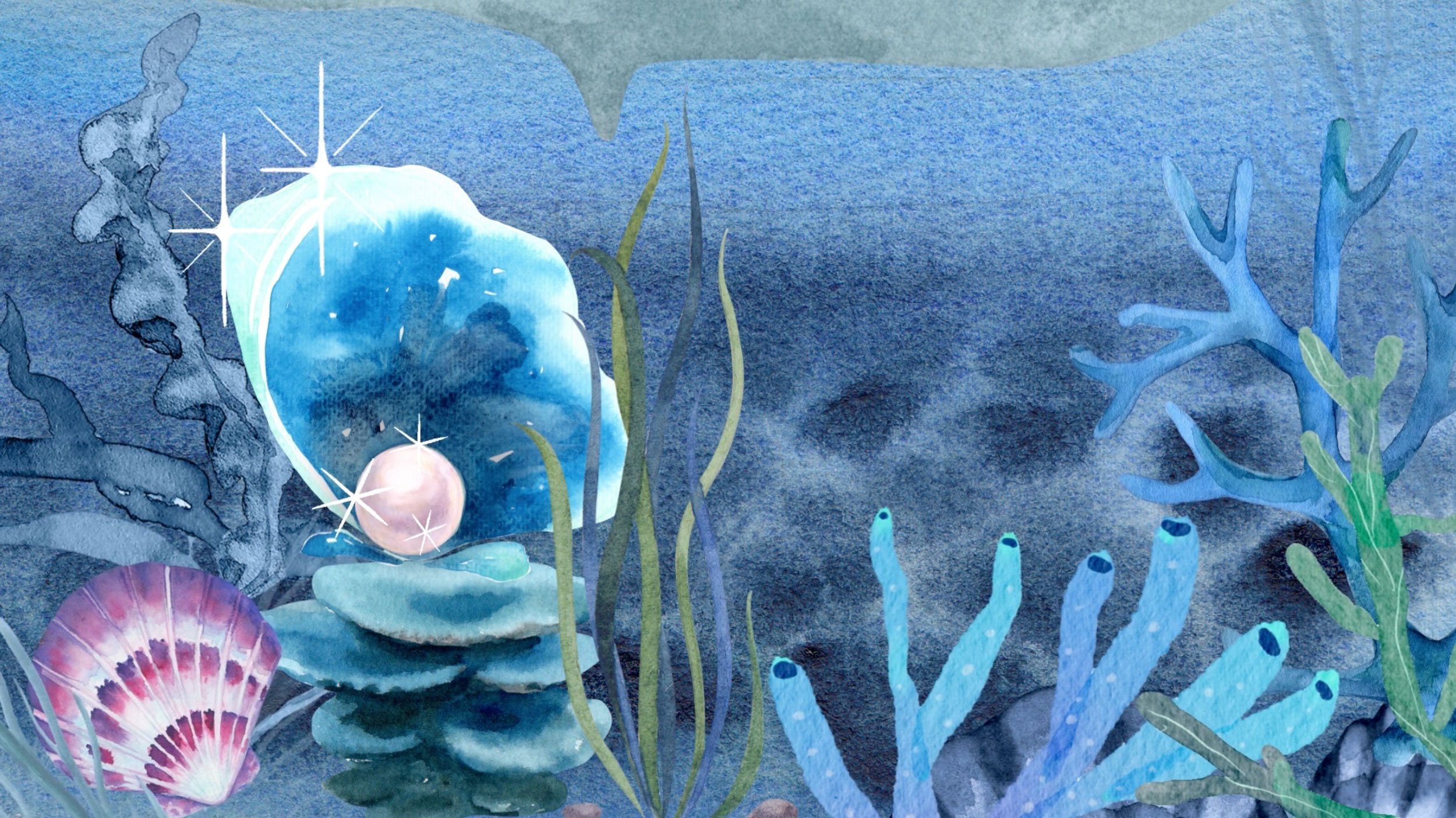
Pearls
Did you know that Oysters, Clams, Mussels & Scallops can all produce pearls?
-
A large class of mostly marine invertebrates
Pearls form in molluscs. These shell-covered animals line the inside of their shells with a substance called ‘nacre.’ When a grain of sand or other irritant enters the shell, the animal protects itself by covering the irritant with layers and layers of nacre, which forms a pearl.
Cultured Pearls
Pearls come in many shapes, sizes and colours. Round pearls are very hard to find in the wild! So pearls are cultivated (grown) commercially for jewellery. Cultured saltwater pearls are grown in oysters. Freshwater pearls are grown in mussels.
Keeping our Oceans Clean
Sadly lots of our unwanted plastic ends up in the ocean, including fishing lines, nets and pots that have been lost or discarded. Many plastics could take up to 500 years to break down, staying in the ocean for an awfully long time and endangering our friends beneath the waves! The good news is that people around the world are working together to reduce plastic waste and help clean up our oceans. We, too, can help out by limiting our use of single-use plastics! What is one thing you can use (and re-use again and again) to avoid a single-use plastic product?

Did you know that the Sea-horse is the symbol of Belfast?
Also known as a ‘hippocamp,’ the sea-horse is an ancient mythological sea creature with the head of a horse and body of a fish. Merchants in 17th century Belfast used coins with sea-horses on them, and Belfast’s coat of arms has featured two sea-horses since 1643! How many sea-horses can you spot around Belfast?
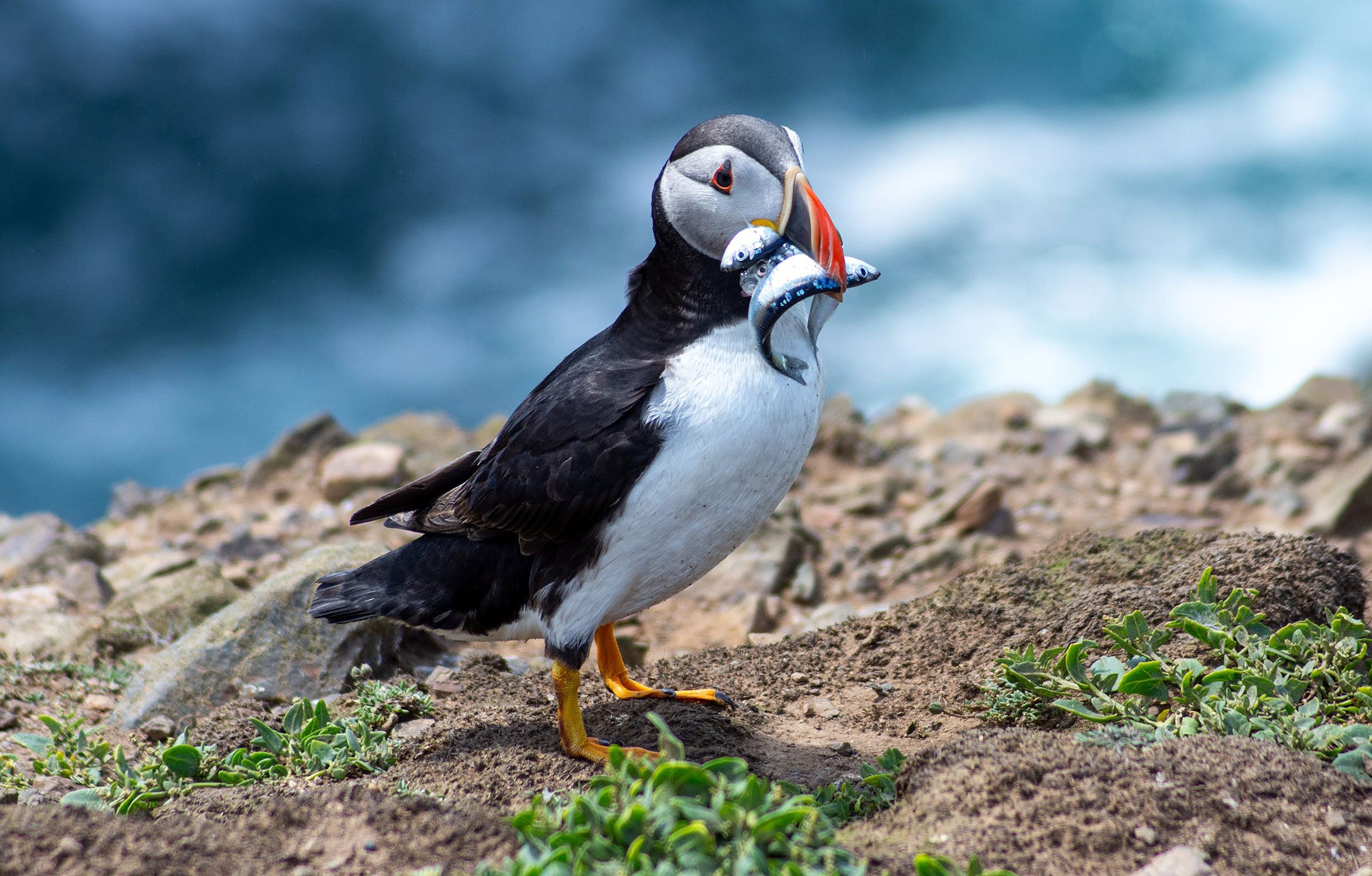
Learn more
with great documentaries on our
Blue Planet and Wild Isles

Pop Quiz
-
Cod or Haddock.
-
A school.
-
Oysters. Clams. Mussels.
-
The ‘Blue Fish’ eco-label from the Marine Stewardship Council (MSC).
-
An exoskeleton.







